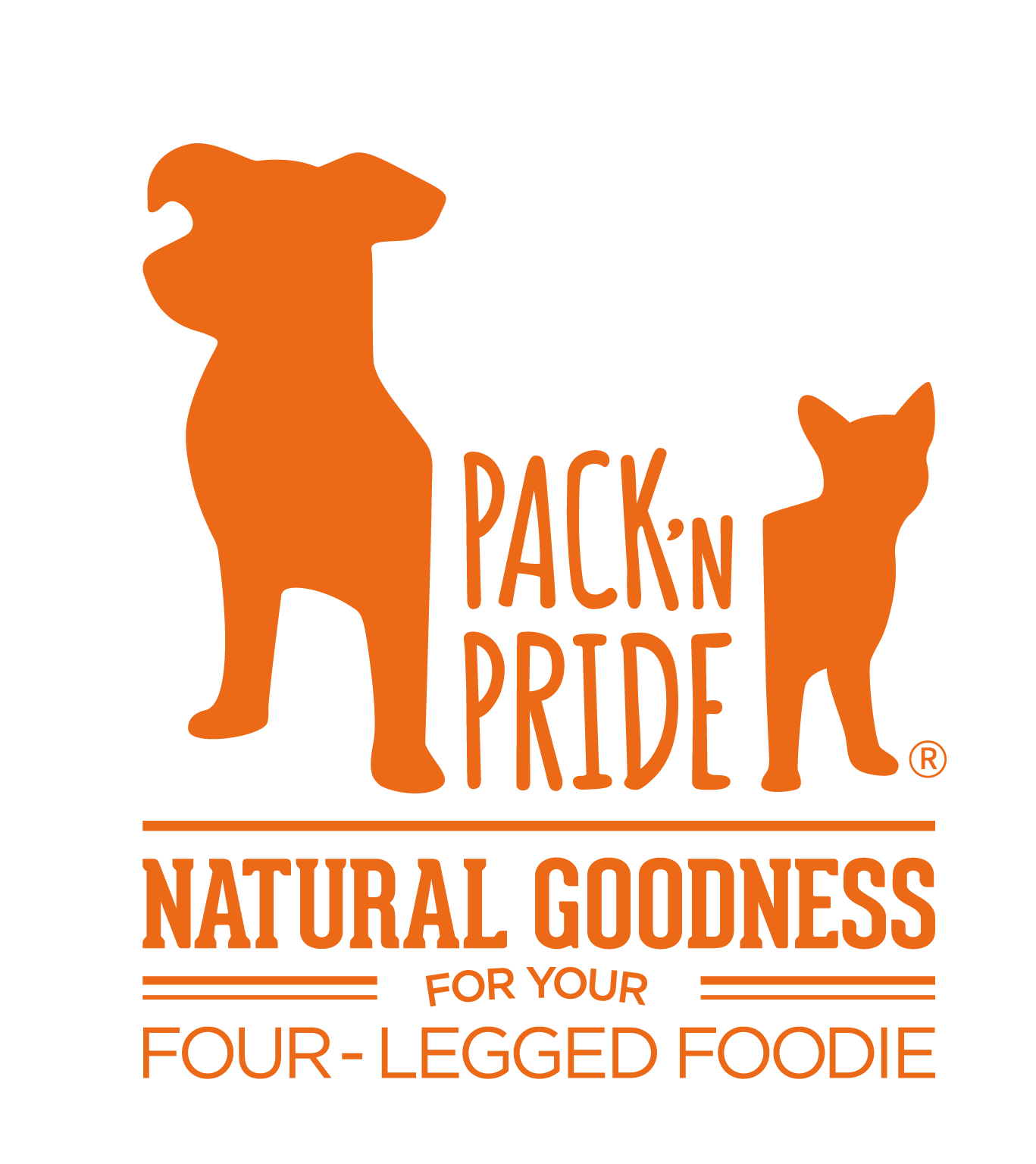If you’ve ever thought about turning your passion for pets into a profitable venture, selling homemade dog treats might be the ideal path for you. However, it’s not as simple as baking some biscuits and listing them online. There are essential legal steps and considerations to ensure your pet treat business is compliant, profitable, and poised for long-term success.
Keep It Simple: Start with Clarity
Before diving deep, simplify your business concept. Identify clearly what types of dog treats you plan to make—such as freeze-dried, baked, or natural—and decide if you want to sell online, locally, or both. Clear planning at this stage makes navigating regulations and marketing significantly easier.

Position Your Pet Treats: Define Your Unique Selling Proposition (USP)
The pet food market is flourishing, expected to grow to over $140 billion globally by 2027. To stand out, define what makes your dog treats special:
- Natural and Organic Ingredients: Highlight ingredients pet owners prefer.
- Customization and Personalization: Offer treats tailored for allergies or special diets.
- Sustainability: Eco-friendly packaging and practices resonate with modern buyers.
Understanding your niche will aid compliance with regulations and ease marketing strategies.
Rules and Regulations: Stay on the Right Side of the Law
Legally selling homemade dog treats requires understanding local and international pet food regulations. Here are key considerations:

FDA Approval for Homemade Dog Treats
Contrary to popular belief, the FDA does regulate pet foods, including homemade dog treats. While pre-market approval isn’t mandatory, ensuring your treats are safe, properly labeled, and prepared in sanitary conditions is crucial. Check the FDA guidelines on pet food safety.
Licensing and Registration
In the U.S., most states require pet food businesses to register with local agricultural or health departments. Licensing requirements vary by state—research thoroughly and contact local authorities to avoid penalties.
UK Regulations for Dog Treats
In the UK, homemade dog treat businesses must register with their local Trading Standards office and comply with DEFRA regulations. Additionally, labeling must meet EU guidelines on pet food labeling (FSA Pet Food Regulations).

Insurance for Selling Dog Treats
Although not universally mandatory, product liability insurance is strongly recommended. This protects you financially from potential legal claims if a pet becomes ill after consuming your treats. Insurance also increases customer confidence.
Market Your Pet Treat Business Effectively
Visibility is essential for attracting buyers and wholesalers. Here are proven strategies:
- Online Presence: Build a professional website highlighting your products’ quality and compliance standards. Platforms like Pack’n Pride showcase a variety of wholesale pet treats, offering excellent examples of effective marketing.
- Social Media Marketing: Use Instagram, Facebook, and TikTok to visually share your story and engage with pet lovers.
- SEO Optimization: Incorporate keywords like “wholesale pet treats,” “wholesale freeze-dried dog treats,” and others strategically into your web content and blogs to boost Google visibility.
FAQ: Quick Answers to Common Questions
Do You Need a License to Sell Homemade Dog Treats?
In most locations, yes. You must typically register or obtain a business license from local or state authorities.

Can You Make Homemade Dog Treats and Sell Them?
Yes, provided you comply with relevant local regulations regarding safety, hygiene, and labeling.
Do Homemade Dog Treats Need to be FDA Approved?
No pre-market FDA approval is required, but compliance with FDA guidelines on safety and labeling is mandatory.
Do I Need Insurance to Sell Dog Treats?
While not legally required everywhere, liability insurance is highly recommended to safeguard your business.
What Are the Regulations for Dog Food?
Pet food must comply with local agricultural or food safety regulations, proper labeling, and hygiene standards.
How Do I Legally Sell Homemade Dog Treats Online?
Ensure compliance with local business registrations, food safety laws, FDA guidelines, and clearly state policies online.

How to Sell Dog Treats Legally in the UK?
Register with local Trading Standards, follow DEFRA guidelines, ensure accurate labeling, and maintain detailed production records.
Do You Need a License to Sell Dog Treats in the UK?
Yes, registration with local authorities is mandatory, alongside adherence to food safety and labeling regulations.
Starting a Dog Treat Business in the UK: Key Steps
- Register with local authorities.
- Comply with labeling regulations (DEFRA and FSA).
- Maintain hygiene standards outlined by Food Standards Agency.
Conclusion
Starting a homemade dog treat business is exciting and profitable when approached responsibly. Prioritize compliance with local regulations, maintain transparent labeling, and secure appropriate insurance to build trust and credibility. By clearly positioning your products and leveraging effective marketing strategies, your business can flourish and gain loyal customers.
For those interested in exploring wholesale options or partnerships, consider visiting Pack’n Pride, a reputable source for high-quality pet treats tailored to wholesalers.

